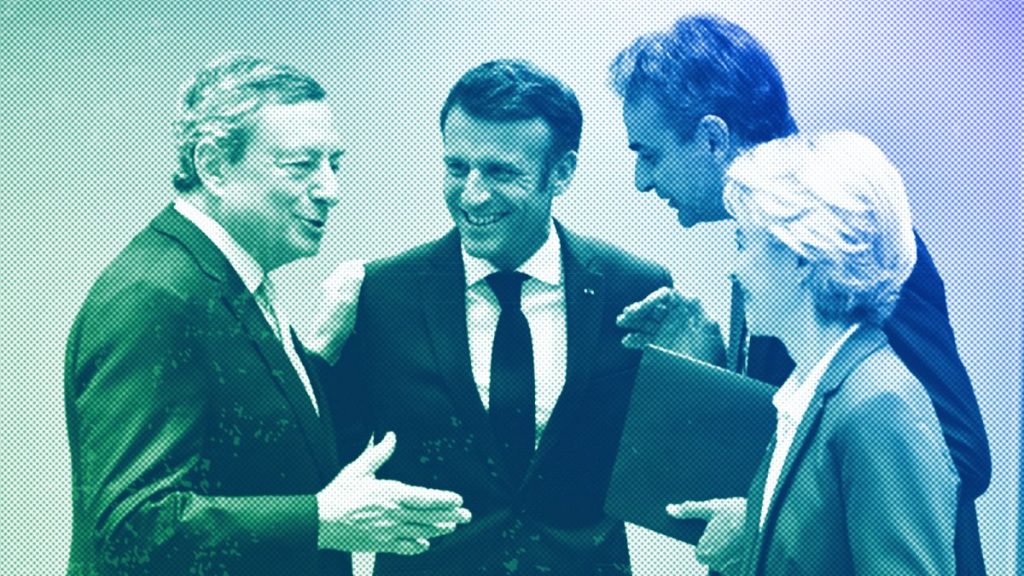The article discusses the importance of economic balance and diversity in creating a prosperous, resilient, dynamic, innovative, and democratic European economy. The authors, Max Bank and Olivier Hoedeman, express concerns about the emphasis on competitiveness in Europe, particularly in relation to the upcoming report by Mario Draghi on the future of European competitiveness. They criticize the lack of transparency and access in the process of creating this report, with industry representatives being consulted more than civil society groups and government officials from member states. The authors argue that prioritizing the interests of large corporations over the public interest is not a sustainable economic development strategy.
The authors highlight their concerns about Draghi’s proposal to allow market consolidation in sectors such as defence, energy, and telecoms to increase Europe’s competitiveness in global markets. They believe that this approach would lead to market concentration, harming consumers, workers, and small businesses while benefiting shareholders of dominant firms. They warn against the potential creation of “European champions” that are unproductively subsidized with public money, sacrificing important social, economic, and environmental objectives. The authors advocate for a more transparent and accessible basis for developing reports of such importance, with broader input from civil society to ensure legitimacy and support from European society.
In calling for a broader policy agenda focused on economic balance and diversity rather than monopoly, the authors urge Draghi and European Commission President Ursula von der Leyen to provide civil society with a bigger say over the report’s content and recommendations. They stress the importance of disclosing all meetings with interest groups and avoiding a narrow policy agenda driven by the interests of corporate giants. The authors believe that pursuing economic balance and diversity is key to creating a prosperous, resilient, dynamic, innovative, and democratic European economy in the long term.
The article emphasizes the need for a more inclusive and transparent approach to policymaking in Europe, particularly in the context of shaping economic policies that impact various sectors and stakeholders. The authors argue that a monopoly agenda driven by the interests of large corporations is not conducive to sustainable economic development or ensuring the well-being of European society at large. They underscore the importance of balancing economic interests with broader social, economic, and environmental objectives to promote a more equitable and resilient economy that benefits all stakeholders.
In conclusion, Bank and Hoedeman propose a shift towards prioritizing economic balance and diversity over monopoly in shaping Europe’s economic future. They emphasize the need for greater transparency, inclusivity, and consideration of the public interest in policymaking processes, particularly in relation to the upcoming report by Mario Draghi on European competitiveness. The authors call for a broader policy agenda that takes into account the diverse needs and concerns of civil society, workers, consumers, and small businesses to create a more prosperous, dynamic, and democratic European economy for the long term.













